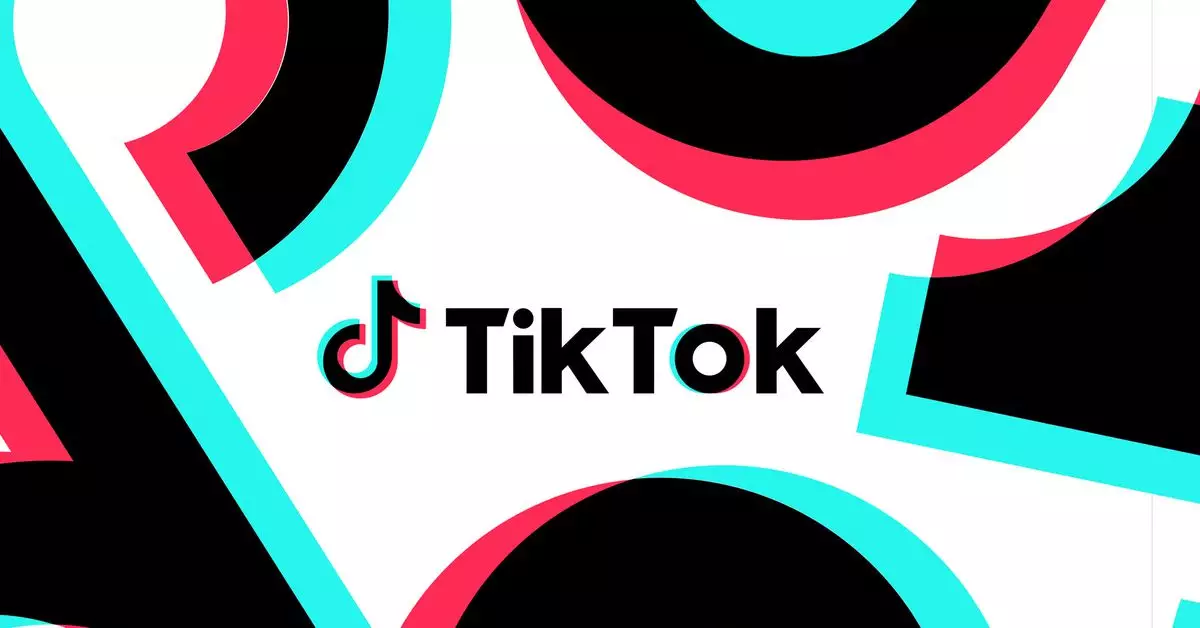TikTok, the popular video-sharing platform owned by ByteDance, has faced a setback in its bid to delay the EU from designating it as a “gatekeeper” under the Digital Markets Act (DMA) antitrust rules. The EU’s General Court has dismissed ByteDance’s request for an interim measure that would have given TikTok more time to implement the regulations. The court found that ByteDance “failed to demonstrate the urgency” required to grant the request. Although TikTok is appealing the gatekeeper designation, the EU has yet to make a final decision on the appeal. This rejection means that TikTok will have to comply with DMA rules at least temporarily, even if the appeal is approved later on. Judges stated that ByteDance did not provide sufficient evidence of a real risk of disclosure of confidential information or serious and irreparable harm.
Being designated as a gatekeeper puts TikTok on par with other major tech companies like Apple, Meta, Amazon, and Google. As a gatekeeper, TikTok will have to make several changes for its EU users, including granting third-party businesses access to its services and obtaining consent for personalized advertising. Non-compliance with DMA rules can result in hefty fines for TikTok and other gatekeeper companies. This underscores the importance for TikTok to effectively implement the necessary changes to avoid penalties.
While the court’s decision is a setback for TikTok, the company is still hopeful that its appeal will be heard and evaluated promptly. The spokesperson for TikTok expressed disappointment with the court’s ruling but emphasized the importance of having their case heard on an expedited basis. It remains to be seen how the appeal will play out and what impact it will have on TikTok’s obligations under the DMA rules.
In addition to the gatekeeper designation, TikTok is facing further scrutiny from the EU. Bloomberg reports that the EU is initiating a separate investigation into TikTok’s content moderation rules for minors. This probe comes under the Digital Services Act (DSA) and stems from concerns that TikTok’s recent changes to comply with the DSA are insufficient in protecting underage users. Last year, TikTok made a series of changes for its EU users in response to the DSA, including ceasing personalized ads based on users’ activities on the platform for minors. The outcome of this investigation could have significant implications for TikTok’s operations and policies regarding content moderation.
TikTok’s struggle with the EU’s regulatory framework continues as it faces the implications of being designated a gatekeeper under the DMA rules. The recent court decision rejecting TikTok’s request for an interim measure means that the company will have to adhere to DMA rules, at least temporarily. Simultaneously, TikTok is also under investigation for its content moderation rules for minors under the DSA. These multiple challenges highlight the need for TikTok to navigate complex regulatory requirements while ensuring the protection and safety of its users, particularly minors. The outcome of both the gatekeeper appeal and the content moderation investigation will greatly impact TikTok’s operations and future in the EU.


Leave a Reply